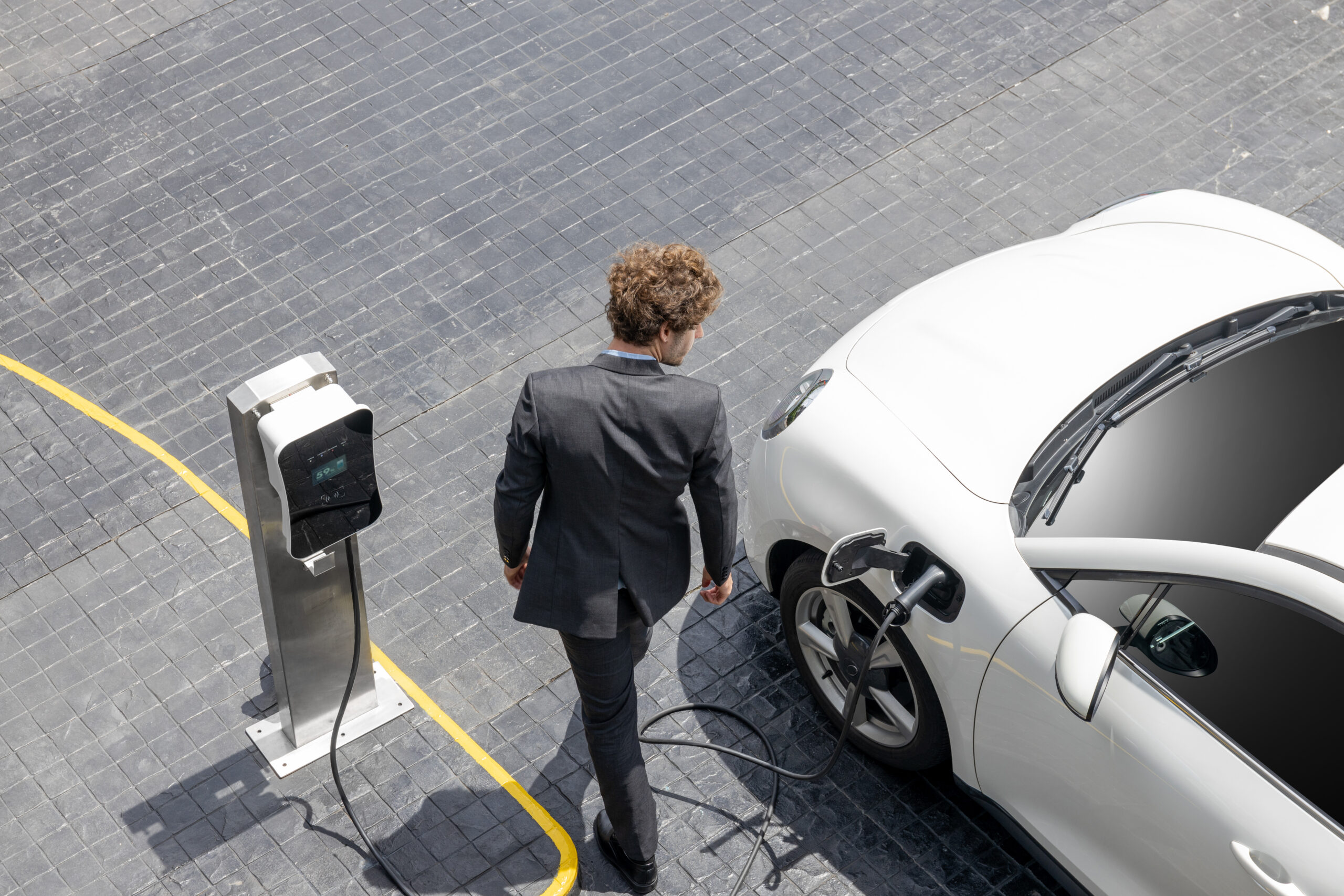
It is no secret that electric vehicles (EV) have a higher drive-away price compared to traditional internal combustion engine (ICE) vehicles, but would the lower running costs really offset the initial premium in price?
EV are the legislated answer for automotive industry emissions reduction, but there are some hurdles to uptake, one being cost of ownership.
To consider the financial viability Pitcher Partners chose 6 of the most common and comparable EVs with similar petrol variants and features to analyse. The chosen vehicles include:
- Hyundai Kona: Elite Extended Range v Elite
- Volvo XC40: Twin EV v XC40 Ultimate B4 Bright
- BMW X3: Standard Variant v X3 iDrive 30i
- MG Zs: ZS Excite MY22 v ZS Excite ICE
- LDV T60: eT60 v T60 MAX UTE
- Mercedes GLC: EQC400 4Matic v GLC 300 4Matic
Our aim is to determine whether the overall savings in running costs and service will outweigh the higher insurance cost, and the premium in EV purchase price.

To make the analysis as broad to the Australian market as possible we looked at the following costs:
- Driveaway price
Pitcher Partners started from the purchase price of the individual vehicles based on a purchase in Sydney. The EVs have on average a 64% premium in price compared to petrol cars. Brands have already calculated all government rebates when providing pricing for the electric vehicles.
- Running costs
We calculated the recharge cost per year based on an average 12,600 kms per annum (average KMs per ABS 2018 Study and compared it against the petrol cost of running the same distance.
- Service costs
Service costs were split into two parts. The first five years, the cost of service for the ICE vehicle has been increased by an extra 50% to account for costs related to additional parts, oil & grease. Thereafter and into perpetuity, ICE service costs have been increased 50%, whilst EV has remained the same.
Any servicing plan offers have not been included given their potential temporary nature.
- Insurance
Insurance calculated based on a comprehensive policy, 10,000-15,000 kms driven per year, by a 35 year old female, no accident history, no finance, Sydney driver, market value, 3-4 days usage, no extras (windscreen/hire car), Annual payment & $1,095 excess and using GIO as insurer.
- Registration & CTP
Registration was excluded due to state-based policies that both EV’s & ICE vehicles can participate in.
- Other considerations
Pitcher Partners has excluded some other costs such as:
- Cost of replacement EV batteries (Mattery warranties are on average 8 year and expected replacement of batteries is estimated at every 10-20 years).
- Financing & novated leasing will change the calculations. However, for simplicity, the above assumes a cash purchase.
- Cost of charging infrastructure for personal use (solar panels, wall chargers, home batteries, etc.) have been excluded for simplicity.
What’s the verdict?
Overall, ICE vehicles are cheaper in the long run due to the significant purchase price disparity between ICE & EVs. The best performing EV’s in terms of a breakeven point have the smallest upfront purchase price disparity.
Recently purchase price disparity has been reducing as brands respond to market forces and government legislations. The effect on this to EV adoption, brand profitability and distribution is yet to be seen but is positive for perspective customers.
The message is clear, once EVs are priced competitively with their ICE equivalents the uptake will increase significantly.
A calculator for the costs we have used can be provided upon request.




